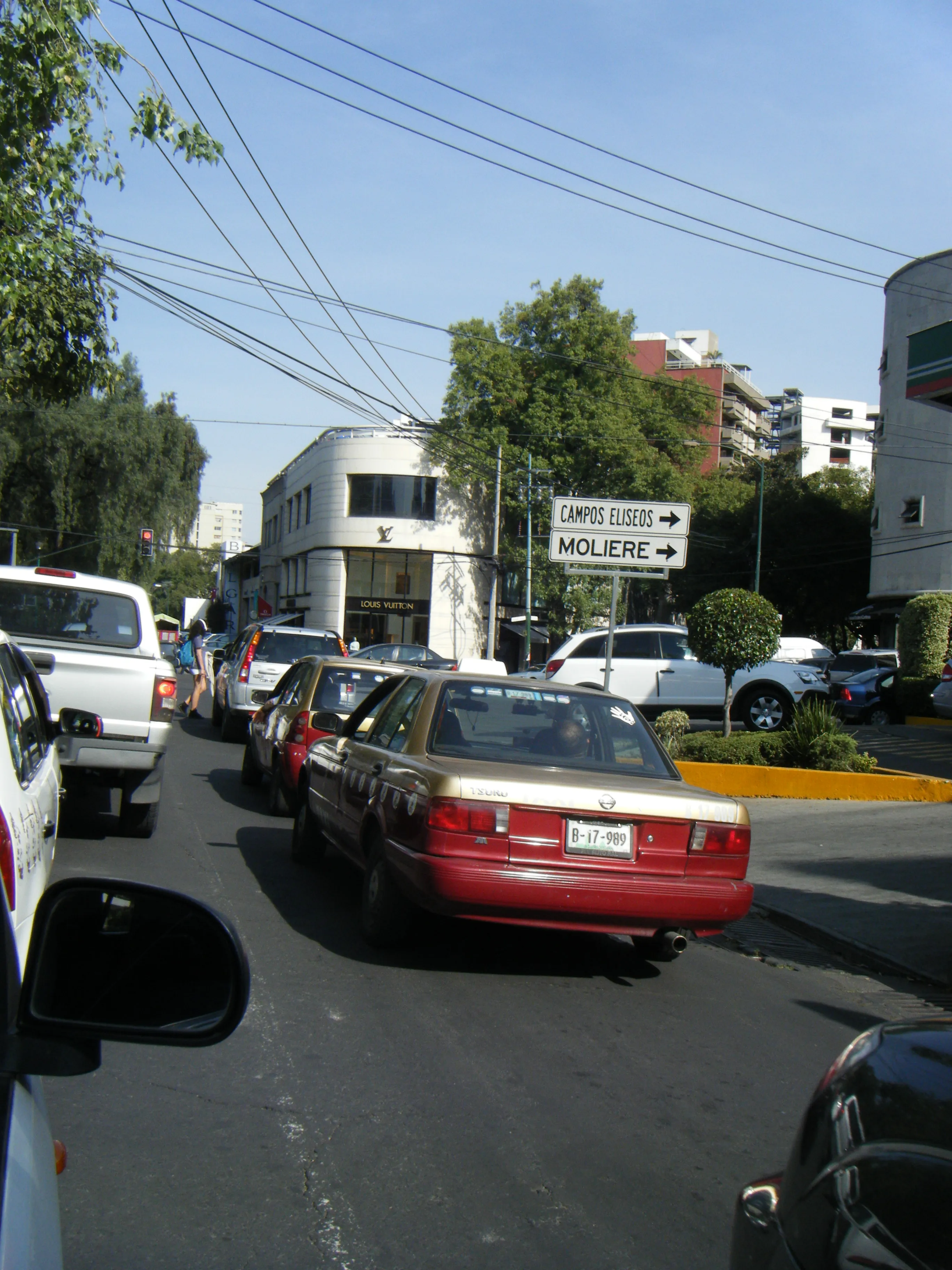The state of São Paulo has launched a public consultation on the international bidding process for the Itaporanga-Franca Lot, also called the Rodovias dos Calçados.
The resulting tender will be carried out by the Transport Agency of São Paulo State – ARTESP – and involves upgrading or construction of nearly 750km of roads throughout 35 cities.
Initial investment for Rodovias dos Calçados - Roads of the Shoes Industry, in English – will likely be around US$1.43 billion over the 30 years of the concessi
September 22, 2016
Read time: 2 mins
The state of São Paulo has launched a public consultation on the international bidding process for the Itaporanga-Franca Lot, also called the Rodovias dos Calçados.
The resulting tender will be carried out by the Transport Agency of São Paulo State –5380 ARTESP – and involves upgrading or construction of nearly 750km of roads throughout 35 cities.
Initial investment for Rodovias dos Calçados - Roads of the Shoes Industry, in English – will likely be around US$1.43 billion over the 30 years of the concession.
Out of that total, $906 million will be directed towards restoration of tracks. Another $ 287 million will be for expansion of the road network. Most of the investment will be required to take place by the 10th year of the contract, according to a statement by ARTESP.
“It also foresees revisions in the contract every four years, which may facilitate new investments,” ARTESP said. There will be an emphasis on Smart Highways, with services such as WiFi available along the routes for better access to road and travel information.
“Users will receive information through SMS, WhatsApp, etc, on accidents, roads blockages, detours and other road information, including weather, security and traffic,” ARTRESP said. “The roads will be 100% covered by CCTV (closed-circuit television) to improve security. Equipment to weighing trucks while in motion and bicycle lanes in urban areas are other innovations in the Roads of the Shoes Industry.”
The resulting tender will be carried out by the Transport Agency of São Paulo State –
Initial investment for Rodovias dos Calçados - Roads of the Shoes Industry, in English – will likely be around US$1.43 billion over the 30 years of the concession.
Out of that total, $906 million will be directed towards restoration of tracks. Another $ 287 million will be for expansion of the road network. Most of the investment will be required to take place by the 10th year of the contract, according to a statement by ARTESP.
“It also foresees revisions in the contract every four years, which may facilitate new investments,” ARTESP said. There will be an emphasis on Smart Highways, with services such as WiFi available along the routes for better access to road and travel information.
“Users will receive information through SMS, WhatsApp, etc, on accidents, roads blockages, detours and other road information, including weather, security and traffic,” ARTRESP said. “The roads will be 100% covered by CCTV (closed-circuit television) to improve security. Equipment to weighing trucks while in motion and bicycle lanes in urban areas are other innovations in the Roads of the Shoes Industry.”







